In the world of finance, maintaining accuracy and integrity in financial reporting is paramount. Internal controls serve as a critical framework that helps businesses achieve these objectives. By implementing robust internal control systems, organizations can safeguard their assets, enhance operational efficiency, and ensure reliable financial reporting. This article explores the vital role of internal controls in financial management and offers practical strategies for effective implementation.
The Significance of Internal Controls
Internal controls are the policies, procedures, and mechanisms that organizations establish to ensure the accuracy of financial reporting, minimize the risk of fraud, and promote operational efficiency. Well-designed internal controls are fundamental to protecting a business’s assets, ensuring compliance with regulations, and strengthening overall corporate governance. Without these controls, organizations are more vulnerable to errors, misstatements, and financial losses.
Key Benefits of Implementing Internal Controls
- Fraud Prevention:
Internal controls help deter and detect fraudulent activities, ensuring that assets are protected from misuse or misappropriation. - Operational Efficiency:
Streamlined processes and clear procedures enhance efficiency, enabling organizations to operate more effectively and respond quickly to market changes. - Regulatory Compliance:
Adhering to laws and regulations is facilitated by internal controls, reducing the risk of non-compliance penalties and reputational damage. - Reliable Financial Data:
Accurate and reliable financial information supports informed decision-making and builds confidence among stakeholders, investors, and regulators.
Designing Effective Internal Control Systems
- Identify Objectives:
Begin by defining the primary goals of your internal control system whether it’s safeguarding assets, ensuring accurate reporting, or complying with legal requirements. - Assess Risks:
Conduct a comprehensive risk assessment to identify potential vulnerabilities in your organization’s financial processes, policies, and systems. - Implement Control Activities:
Establish control activities such as segregation of duties, access controls, approval processes, and regular reconciliations to mitigate identified risks. - Monitor and Review:
Continuously monitor the effectiveness of internal controls and perform regular reviews and audits to ensure they are functioning as intended. - Train Staff:
Educate employees about the importance of internal controls and their individual responsibilities in maintaining and adhering to established processes.
Case Study: Successful Implementation of Internal Controls
Consider a small manufacturing company that faced ongoing inventory discrepancies, resulting in financial losses and operational inefficiencies. By introducing a systematic internal control framework including segregation of inventory duties, regular audits, and improved documentation, the company improved inventory accuracy by 50% within six months. This not only reduced losses but also strengthened trust with stakeholders and enhanced overall business performance.
Conclusion: Strengthening Financial Integrity
Implementing effective internal controls is crucial for any business seeking to reinforce its financial management practices. Robust internal control systems protect organizations against fraud, improve operational efficiency, and ensure the accuracy and reliability of financial reporting. By investing in and regularly reviewing these controls, businesses can build a solid foundation for long-term success and financial integrity.
Ready to strengthen your business’s financial management? Contact our team of experts today for personalized guidance on designing and implementing internal controls tailored to your organization’s unique needs.


